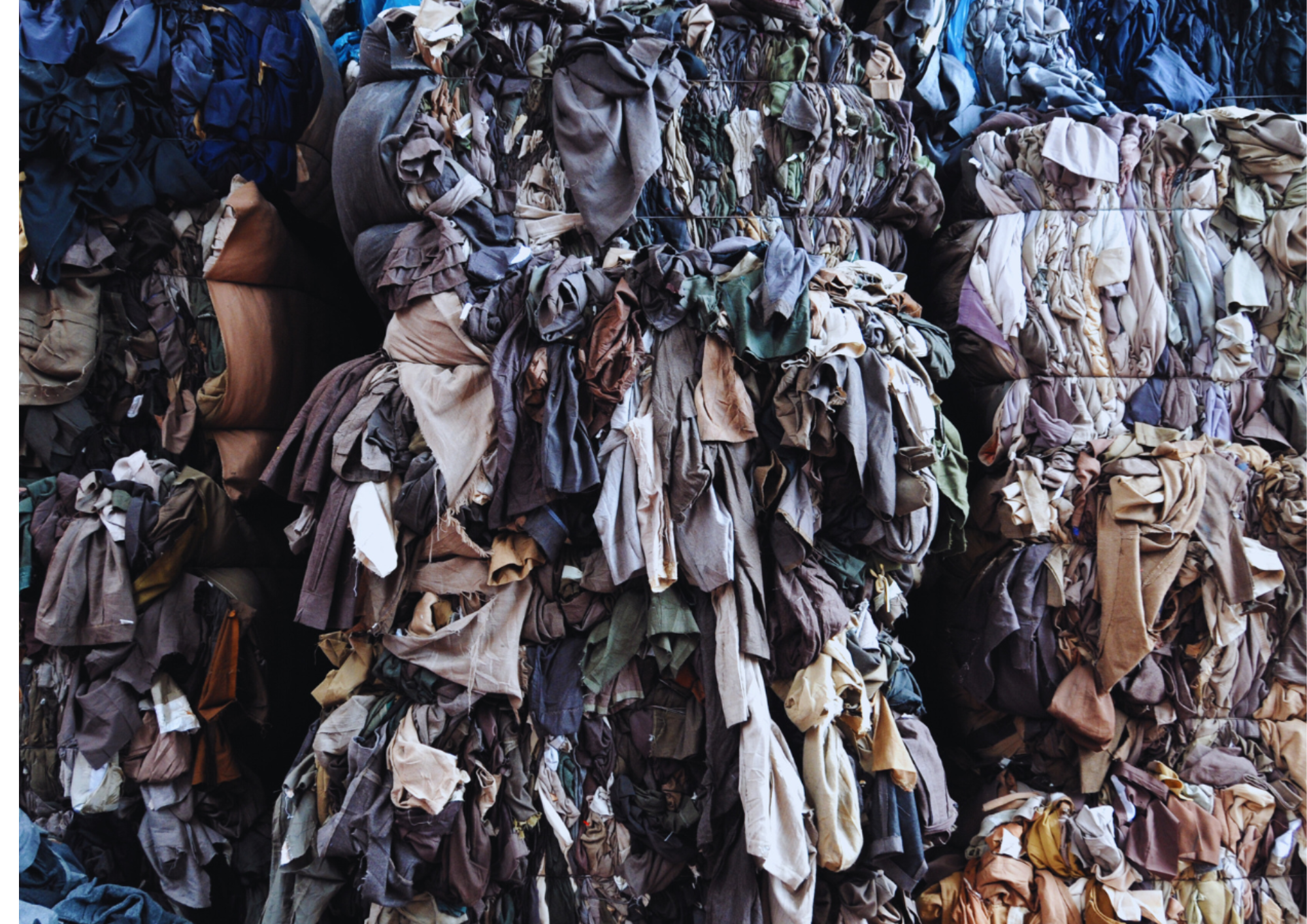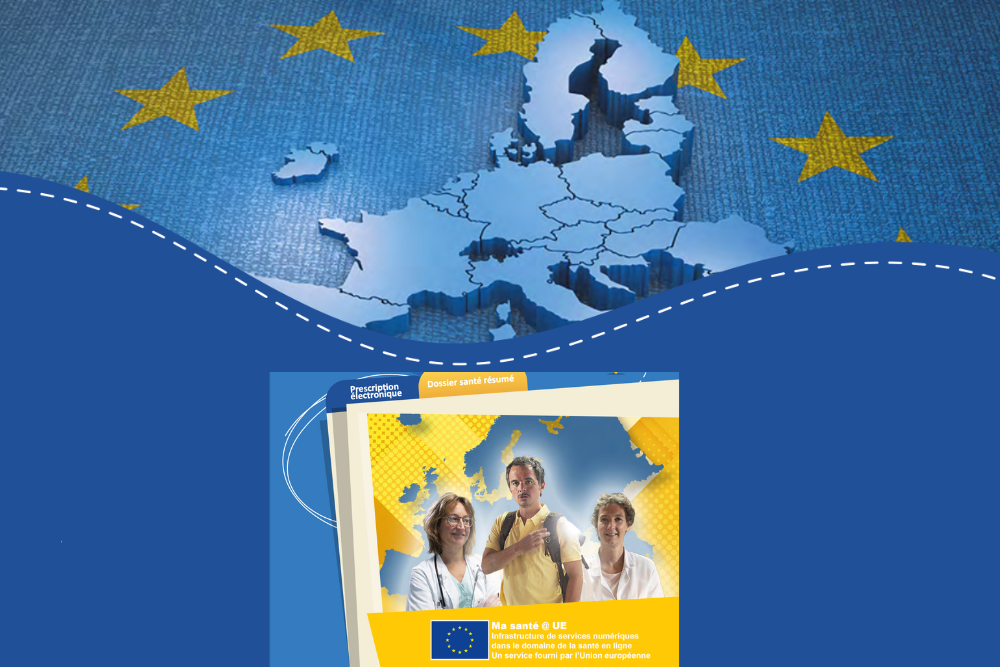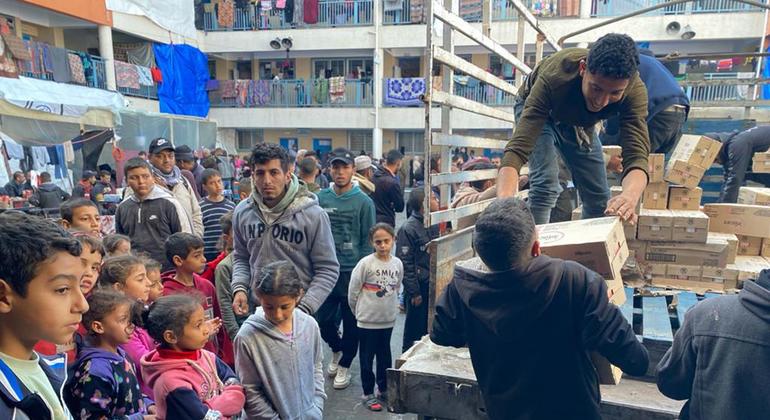The report to the Human Rights Council said violations and crimes under international law committed in the protests sparked by the death of Jina Mahsa Amini in September 2022 include extra-judicial and unlawful killings and murder, unnecessary and disproportionate use of force, arbitrary deprivation of liberty, torture, rape, enforced disappearances and gender persecution.
“These acts form part of a widespread and systematic attack directed against the civilian population in Iran, namely against women, girls, boys and men, who have demanded freedom, equality, dignity and accountability,” said Sara Hossain, chair of the Fact-Finding Mission.
“We urge the government to immediately halt the repression of those who have engaged in peaceful protests, in particular women and girls.”
Unlawful death
The protests in Iran were triggered by Ms. Amini’s death at the hands of the so-called morality police. She was arrested for alleged non-observance of Iran’s laws on mandatory hijab.
The mission found that physical violence in custody led to her unlawful death and that the government actively obfuscated the truth and denied justice.
Credible figures suggest that as many as 551 protesters were killed by the security forces, among them at least 49 women and 68 children. Most deaths were caused by firearms, including assault rifles.
The mission found that security forces used unnecessary and disproportionate force which resulted in the unlawful killing and injuries of protestors. They confirmed that a pattern of extensive injuries to protesters’ eyes had caused the blinding of scores of women, men and children, branding them for life.
The UN Human Rights Council-appointed experts also found evidence of extrajudicial killings.
Concern grows as chaos continues in Haiti
The UN remains deeply concerned by the rapidly deteriorating security situation amid ongoing gang violence and police clashes in some parts of the capital Port-au-Prince, the UN Spokesperson said on Friday.
Stéphane Dujarric said Haitian National Police had been able to push back coordinated gang attacks on key infrastructure, including the national airport.
“We are, however, very worried about reports of gangs having breached and looted Port-au-Prince’s seaport”, where operations have been at a standstill for days.
UN chief António Guterres reiterated his call on the Government and all national stakeholders to agree immediate steps to advance the political process that will lead to elections.
International force
He also reiterated the need for urgent international action, including immediate financial support for the Multinational Security Support (MSS) mission, which is desperately needed to tackle insecurity in Haiti.
Mr. Dujarric said the UN Chef de Cabinet had been invited to attend a meeting organized by regional body CARICOM on Monday in Kingston, Jamaica, aimed at bolstering support “for the restoration of democratic institutions in Haiti in the shortest possible amount of time.”
In a statement issued on Friday the UN Country Team said that gender-based violence protection and services have been reduced or suspended for security and access reasons. They reported that if violence continues around the capital area 3,000 pregnant women could be denied access to essential healthcare.
On Thursday the World Food Programme (WFP) and its partners managed to deliver food to over 7,000 people.
UN torture expert issues calls to pandemic-proof prisons
A UN independent expert on Friday called on States to review prison management practices and policies to ensure compliance with human rights standards, as countries grapple with the need to adapt to environmental challenges and the looming threat of future pandemics.
“Far too many people are imprisoned, for too long, in severely overcrowded facilities. The link between poverty and incarceration is clear – people from disadvantaged or marginalised communities are far more likely to be imprisoned than other socio-economic groups,” said Alice Jill Edwards, the UN Special Rapporteur on Torture.
In a wide-reaching report to the Human Rights Council, Ms. Edwards examined persistent challenges in prison management, as well as emerging issues that demand strategic planning such as climate change and future health pandemics.
Under pressure
“Significant challenges facing prisons are found in some form in almost every country,” the expert said. “Prisons are under pressure from too many demands, insufficient resources and inadequate staffing, and as a result conditions are often unsafe and inhumane.”
The UN Human Rights Council-appointed expert found that many prisoners serve long sentences in deplorable conditions, with limited access to education or vocational skills.
“The widespread neglect of prisons and prisoners in countries around the world has a significant social impact, exacerbating poverty and the likelihood of recidivism, and ultimately failing to keep the public safe,” she said.
Special Rapporteurs and other independent rights experts are not UN staff, do not receive a salary for their work and are independent of any government or organisation.














